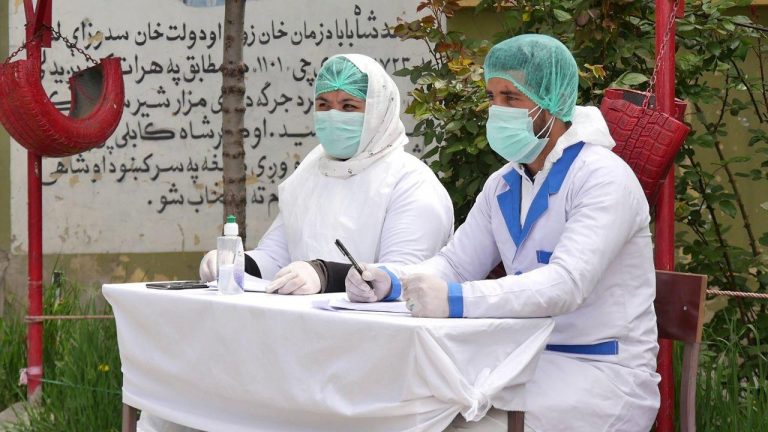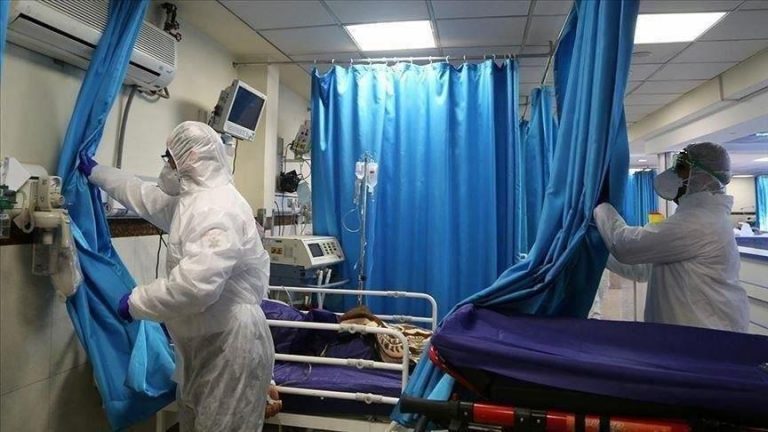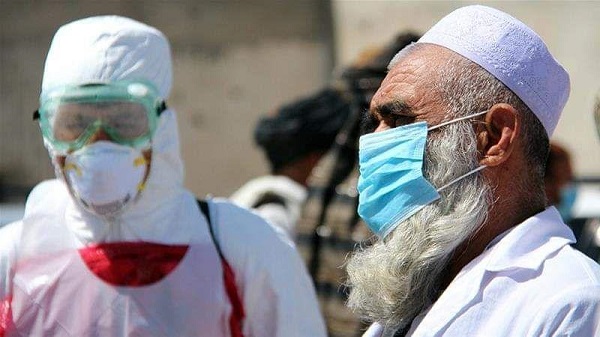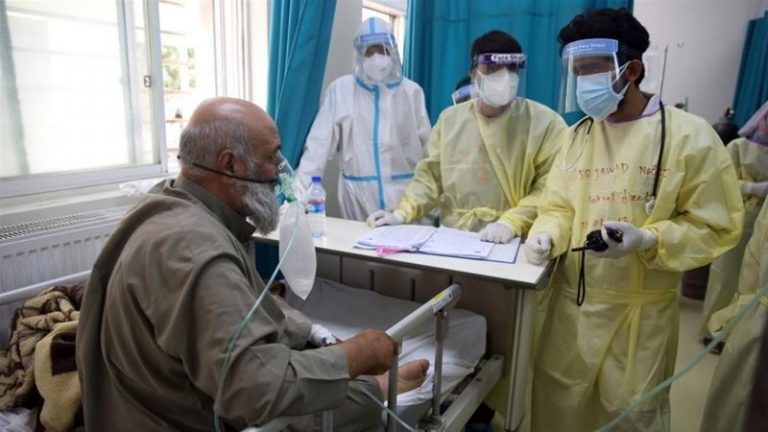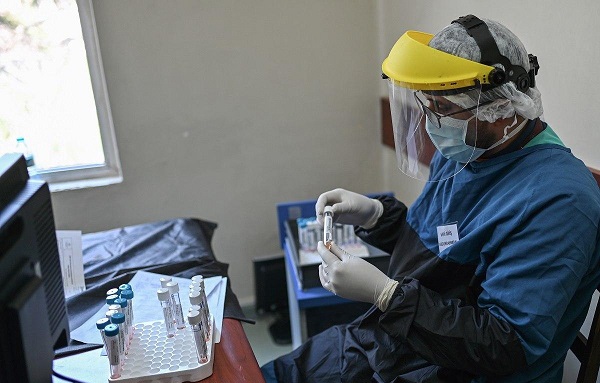Kabul provincial officials said the Emergency Committee for Prevention of COVID-19 will pay the utility bills for more than 350,000 families.
Publish dateThursday 28 May 2020 - 14:29
Story Code : 210906
Mohammad Yaqoob Haidari, governor of Kabul and chairman of the Emergency Committee, told a press conference on Thursday, that the money for paying the electricity and water bills had been provided by the Emergency Committee and already deposited with the relevant authorities – Da Afghanistan Breshna Sherkat (DABS) for power and the Water Supply department.
The decision was made by the Emergency Committee members, Haidari added, after a large number of Kabul residents went to the Emergency Committee meetings and then approached the Kabul governor’s office. They all demanded an exemption from paying their electricity and water bills as they were facing a cash-crunch due to a closure of their employment places.
The 350,000 families make up about 50% of utility users in Kabul. Haidari stressed that the decision would benefit more than 1.5 million Kabul residents and bring them some fiscal relief.
Status of Coronavirus in Afghanistan
Afghanistan has 13,036 confirmed Coronavirus cases with 235 deaths and 1,209 recovered. Kabul province has 4,771 Coronavirus cases – the highest number of confirmed positive cases in Afghanistan. The rising level of new cases in Kabul has affected the lives of the residents who have been under quarantine since March 28.
There is country-wide concern about poor health facilities and people breaking lockdown. Officials have warned that restrictions would be seriously imposed with security officials stepping in, if needed.
Minister of Public Health Firuzuddin Firuz told health officials on Thursday that several Central Laboratory staff members had been fired for negligence.
The decision was made by the Emergency Committee members, Haidari added, after a large number of Kabul residents went to the Emergency Committee meetings and then approached the Kabul governor’s office. They all demanded an exemption from paying their electricity and water bills as they were facing a cash-crunch due to a closure of their employment places.
The 350,000 families make up about 50% of utility users in Kabul. Haidari stressed that the decision would benefit more than 1.5 million Kabul residents and bring them some fiscal relief.
Status of Coronavirus in Afghanistan
Afghanistan has 13,036 confirmed Coronavirus cases with 235 deaths and 1,209 recovered. Kabul province has 4,771 Coronavirus cases – the highest number of confirmed positive cases in Afghanistan. The rising level of new cases in Kabul has affected the lives of the residents who have been under quarantine since March 28.
There is country-wide concern about poor health facilities and people breaking lockdown. Officials have warned that restrictions would be seriously imposed with security officials stepping in, if needed.
Minister of Public Health Firuzuddin Firuz told health officials on Thursday that several Central Laboratory staff members had been fired for negligence.
Source : Afghan Voice Agency(AVA)
avapress.net/vdchvvni-23nzwd.01t2.html
Tags
Top hits
